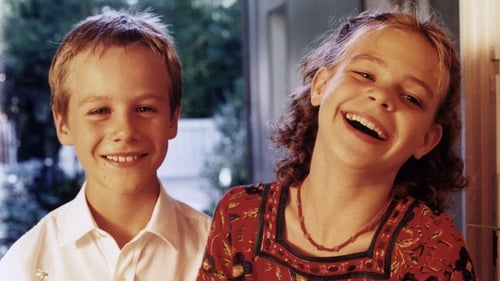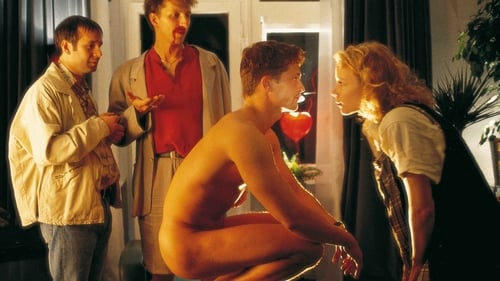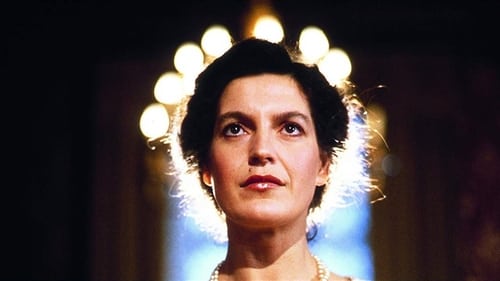
Costume Design
Ana Luisa tiene padres ricos, a los que el tiempo siempre les alcanza para sus múltiples compromisos sociales, pero no para ella. Antón es de familia muy pobre, y todas las tardes trabaja en una pequeña heladería sustituyendo a su madre enferma. A pesar de tales diferencias sociales, los dos son muy amigos.
En la reprise del homónimo libro infantil de Erich Kästner esta vez Ana Luisa no vende cerillas para ayudar a Antón a ganar dinero, sino que canta en el centro de Múnich, mientras sus padres están en la ópera. Esas canciones Ana Luisa las ha aprendido de Laurence, su chica au-pair francesa, con quien sus padres, eternamente ausentes, la dejan tranquilos. Cuando Carlos, el taimado amigo de Laurence, intenta robar en la casa de Ana Luisa, felizmente están allí presentes de nuevo Antón y el ama de llaves, la gorda Berta, con una grandiosa idea…

Costume Design
Beyond Silence is about a family and a young girl’s coming of age story. This German film looks into the lives of the deaf and at a story about the love for music. A girl who has always had to translate speech into sign language for her deaf parents yet when her love for playing music grows strong she must decide to continue doing something she cannot share with her parents.

Costume Design
Expulsado una noche del apartamento que compartía con su novia Doro tras ser sorprendido por ésta en compañía de otra mujer, el atractivo Alex se queda en la calle. Allí conoce a Walter, un homosexual que se siente atraído por él y que le lleva a una fiesta gay en donde le presenta a Norbert, propietario de un gran apartamento que no le importaría compartir, pues también se siente atraído por Alex.

Costume Designer
A beautiful young detective goes to the rescue of a teacher kidnapped by a former student.

Costume Design
Edith runs a left-wing journal and when her marriage starts to fall apart (her husband is unfaithful), she can find no solace in her son who is more of a problem than an asset. On top of heading toward a divorce and being unable to handle her son's asocial tendencies, her neurotic uncle moves in, demanding personalized care. Just to keep her sanity intact, Edith starts writing in her diary to vent her own feelings and ambitions. As her son goes from bad to worse over a five-year period, it turns out that Edith's diary may be of more benefit than she could have ever imagined. In this adaptation of Edith's Diary by Patricia Highsmith, director and writer Hans W. Geissendoerfer has maintained Highsmith's psychologically tormented characters while changing the location and time of her story from the U.S. of the 1960s to Germany in the early 1980s.




